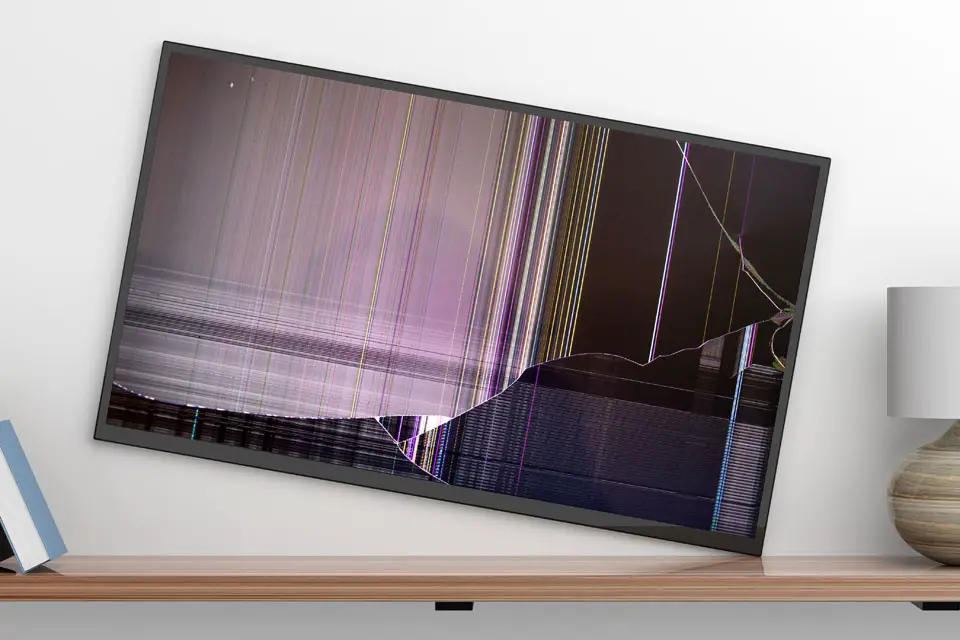An extended warranty is an additional form of insurance that provides coverage beyond the standard manufacturer’s warranty. It may include a longer service period, broader repair coverage, in-home service, and sometimes protection against accidental damage, such as a cracked screen from a fall. However, it’s important to note that coverage can vary significantly depending on the seller or brand. Some warranties don’t cover accidental damage, so it’s essential to carefully read the terms before purchasing.
When an Extended Warranty Might Be Useful
Whether or not to purchase an extended warranty depends on several factors. If you’re buying a high-end TV, such protection can be a smart investment. Even for budget models produced by OEMs under various brand names, an extended warranty may be worth considering. After a few years, it can be difficult to find replacement parts for such TVs. Also, if you have young children or pets at home, the extra protection can offer peace of mind.
Cost and Actual Value of a Warranty
The cost of an extended warranty is typically about ten percent of the TV’s price for a two- or three-year plan. Longer coverage—four or five years—can cost around twelve and a half percent. From a financial perspective, this may not always be justified. Statistically, the cost of repairing one TV under warranty is covered by the premiums of ten to twenty other buyers. This means only a small percentage of customers actually benefit from an extended warranty.
Why You Might Not Need a Warranty
Based on experience in electronics repair, most issues occur within the first three months of use. These are typically covered by the manufacturer’s warranty. Moreover, if the TV is purchased from a well-known and reliable brand, the chance of it failing in the first few years is quite low. That’s why I personally don’t buy extended warranties, preferring to choose products from trusted manufacturers with strong reputations for quality.
Should You Buy an Extended Warranty? Final Thoughts
Ultimately, the decision to purchase an extended warranty depends on your personal approach to risk. If having that extra layer of protection makes you feel more secure and you don’t want to deal with potential repair costs down the road—especially when buying a low-cost TV—then it could be worthwhile. Personally, I tend to avoid extended warranties and rely on the manufacturer’s coverage and the reliability of the brand. However, if I were buying a very inexpensive model, I might consider it, as the added cost is relatively low and could pay off with just one repair. In the end, it comes down to how much risk you’re willing to take and how important reliability is to you.






